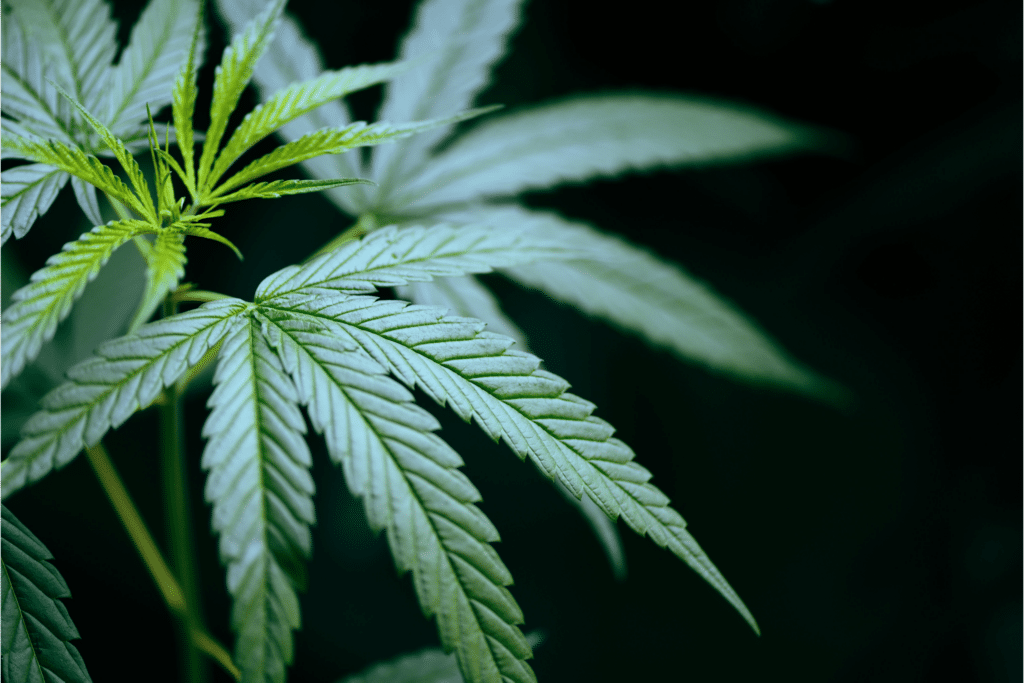Today’s post focuses on two compounds in marijuana: Delta-8 THC and Delta-9 THC. What’s the difference between Delta-8 and Delta-9? Why is Delta-8 legal in places where Delta-9 is prohibited? Are these substances safe to use? Are Delta-8 or 9 addictive?
If you or a loved one are struggling with delta 8, delta 9 or any other substance, detox programs in Atlanta, Georgia can help. Call us at 762-242-6556 or verify your insurance now.
If you or a loved one are struggling with substance use disorder, our detox programs in Atlanta, Georgia can help. We’re standing by ready to help you create sustained changes in your life.
The cannabis plant contains more than 400 naturally occurring compounds, more than 100 of which are referred to as cannabinoids. Two of the most well-known cannabinoids are tetrahydrocannabinol (THC) and cannabidiol (CBD).
The category of THC can be further broken down into several distinct substances, including Delta-8 THC and Delta-9 THC. (There’s also a Delta-10 THC, but for the purposes of today’s post we are going to focus on Delta-8 and 9.
Since there is such a small amount of Delta-8 in a cannabis plant, many manufacturers synthesize the substance after extracting cannabidiol from hemp.
In the United States, cannabis derivatives that contain less than 0.3% Delta-9 THC are legally classified as hemp. Federal prohibitions against marijuana do not apply to hemp, which is why you often see Delta-8 products advertised and sold in places where it is illegal to purchase or possess marijuana (meaning weed with Delta-9 THC).
The relatively relaxed regulations around Delta-8 have caused many people to believe that this is a safe substance. While it is possible to consume Delta-8 products without incurring considerable harm, it is important to understand that doing so is not a completely risk-free endeavor.
In the next section, we’ll talk about some of the problems that can result from using cannabis products that contain either version of THC. We’ll also answer the question, are Delta-8 or 9 addictive?
The National Institute on Drug Abuse (NIDA) has reported that using Delta-9 THC can lead to an array of problems, including:
Turning our attention to Delta-8 THC, a May 2022 warning from the Food and Drug Administration (FDA) noted the following:
In May 2023, the Journal of Cannabis Research published a study of online reports of adverse effects that had been written by people who used Delta-8. The researchers who conducted this study revealed that the list of frequently reported Delta-8 problems included:
This study also reported that many chronic users of Delta-8 reported withdrawal symptoms when they ended their use of the drug. Withdrawal is one of the classic signs of addiction.
To summarize:

The clinical term for marijuana addiction is cannabis use disorder. As established in the fifth edition of the Diagnostic and Statistical Manual of Mental Disorders (DSM-5), a person who has this condition will exhibit signs such as:
If the distress of withdrawal has prevented you from ending your marijuana use, Peachtree Detox may be the ideal place to begin your recovery journey.
At our detoxification center in Atlanta, Georgia, a team of experienced professionals can help you get through marijuana withdrawal safely and with minimal distress. We can then work with you to determine which type of additional treatment will best prepare you for successful, long-term recovery.
We understand that withdrawal and recovery pose different challenges for different people, and we are committed to providing you with the focused solutions that reflect your unique strengths, needs, and goals.
To learn more or to schedule a free assessment, please visit our Admissions page or call us today.
© 2025 Peachtree Detox – Privacy Policy